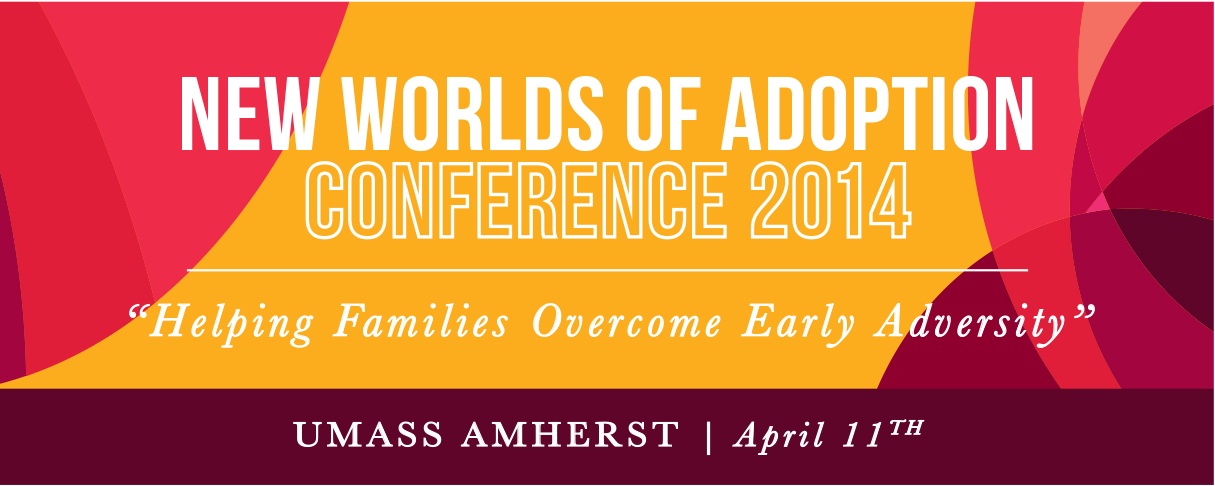"Helping Adoptive Families Overcome Adversities" Dr. Phil Fisher
Description
Many decades of research on children who have experienced early life adversity (e.g., abuse, neglect, and extreme poverty) has led to a solid scientific knowledge base about risk and resiliency. It has also led to an array of evidence-based programs that have been shown to positively impact life-course outcomes for these children and their families. However, in many areas of prevention and intervention, only modest effect sizes have been obtained. Moreover, ongoing challenges exist with respect to bringing such programs--many of which were developed in the context of well-funded and highly-resourced efficacy trials--to scale in real world community settings, and to "cement" best practices models into public policy. There is a pressing need to accelerate progress in this area by developing a new culture of public-private partnerships that stimulate a culture of innovation—and in particular, by developing models for rapid cycle learning that make use of the rapidly emerging body of knowledge about early adversity from translational neuroscience. Research in this area holds great promise in revealing information about common neural mechanisms underlying many of the poor outcomes we see in these populations. It also provides us with tools for leveraging our emerging understanding about the brain's plasticity over the course of development in order to maximize the effectiveness of interventions. Perhaps nowhere is this more important than in the area of adoption, where there are still very few evidence-based interventions, where many adoptive parents struggle to find appropriate services that can meet the needs of their children and families, and where there is very little state or national legislation to guide the allocation of resources, or the type of support to be provided. This presentation will describe activities of our research group to address these issues, within the context of basic science, intervention, and public policy.
"Helping Adoptive Families Overcome Adversities" Dr. Phil Fisher
Many decades of research on children who have experienced early life adversity (e.g., abuse, neglect, and extreme poverty) has led to a solid scientific knowledge base about risk and resiliency. It has also led to an array of evidence-based programs that have been shown to positively impact life-course outcomes for these children and their families. However, in many areas of prevention and intervention, only modest effect sizes have been obtained. Moreover, ongoing challenges exist with respect to bringing such programs--many of which were developed in the context of well-funded and highly-resourced efficacy trials--to scale in real world community settings, and to "cement" best practices models into public policy. There is a pressing need to accelerate progress in this area by developing a new culture of public-private partnerships that stimulate a culture of innovation—and in particular, by developing models for rapid cycle learning that make use of the rapidly emerging body of knowledge about early adversity from translational neuroscience. Research in this area holds great promise in revealing information about common neural mechanisms underlying many of the poor outcomes we see in these populations. It also provides us with tools for leveraging our emerging understanding about the brain's plasticity over the course of development in order to maximize the effectiveness of interventions. Perhaps nowhere is this more important than in the area of adoption, where there are still very few evidence-based interventions, where many adoptive parents struggle to find appropriate services that can meet the needs of their children and families, and where there is very little state or national legislation to guide the allocation of resources, or the type of support to be provided. This presentation will describe activities of our research group to address these issues, within the context of basic science, intervention, and public policy.
